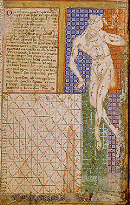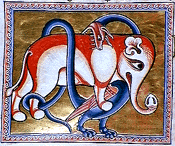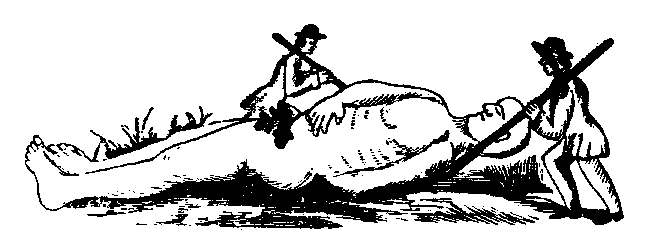


Introduction:
What is history? What is the past? Why should we study it? Why should we care? While addressing these questions, this course examines the rises & falls, evolution & revolution, continuities & discontinuities in the many "civilizations" comprising "Western civilization." We will examine general themes, specific people, pivotal events, and broader cultural developments.
History requires reading & interpreting many different sources. Hence, the study of history requires lots of reading. As well, studying history can involve examining non-written materials (paintings, tools, buildings, instruments, etc.). History always involves interpretation. However, doing history also involves reaching plausible and reasonable conclusions based upon the best available evidence. Historians cannot (or should not) make things up.
Any survey level course inevitably distorts its subject matter. Why is this true? How is history different from other fields of study? What separates these disciplines?
How to locate me:
Office: Building 2, 5DX Science & Humanities
Mailbox: Building 2, 5G
E-mail: rm.yost@mailcity.com
Office hours: before or after class or by appointment
Office phone: 965-7016
Required Reading:
McKay, John P., A History of Western Society. 5th edition.
Volume I. Boston: Houghton Mifflin Company, 1995.
In-class handouts
Purposes of this course:
Improve reading & writing skills.
Learn about the uses and abuses of history.
Practice analyzing massive amounts of material.
Practice interpreting facts in historical context.
Practice using specific facts to support generalizations.
Practice asking thoughtful questions.

Sure-fire Ways to a Lower Grade:
Never attend class or walk out before class is over.
Never open your book or skim it the night before exams.
Take expensive "in-class" naps.
Do not listen, take notes, or participate in class.
Sit slumped in chair, arms folded, drooling, staring into space.
Complete your exams with lightning speed.
Ask instructor, "Did I miss anything important?" :)
The object of any course should be to learn as much as possible in a limited amount of time. Like many other subjects, history is cumulative, therefore, you should attend class regularly, listen carefully, take good notes, and ask questions. Keep up with the readings! Do not expect cramming the night before an exam to result in a desirable outcome.
Course Outline:
Most often, survey classes like this one are like the Platte River, an inch deep and a mile wide. Depth of knowledge is often sacrificed to cover a massive amount of material in a limited time. In this class, you will be expected to read the book for breadth. Usually, class lectures and discussion will focus on depth. There will be numerous in-class writing assignments. These will make up part of your participation grade, but will not be given number grades.